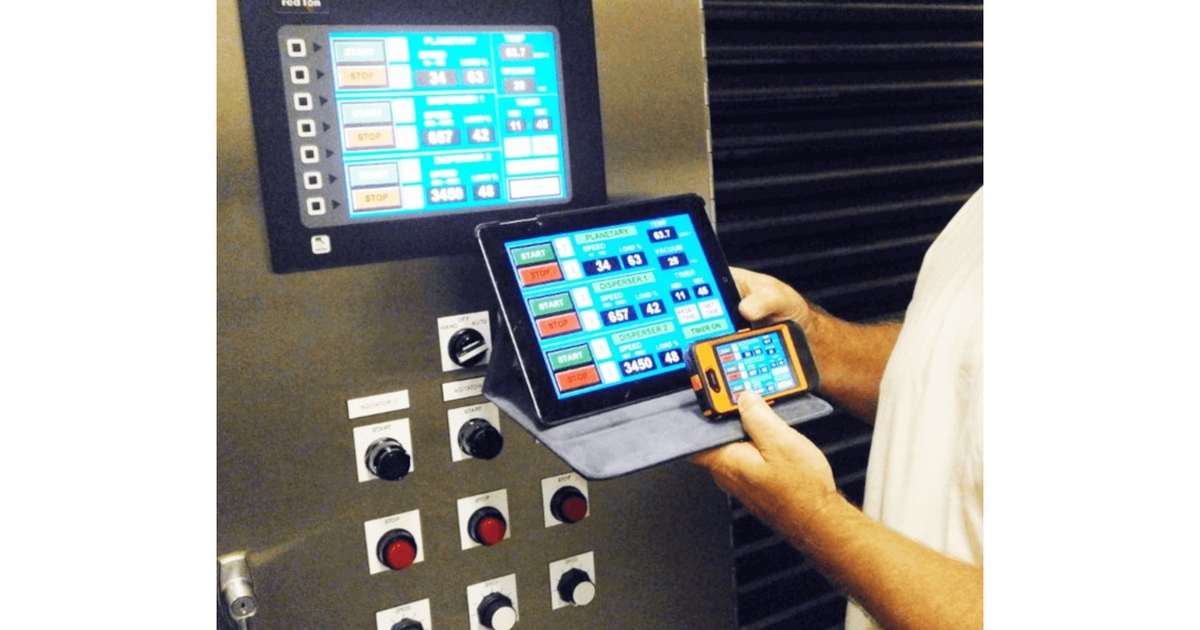Tech Fusion Revolution: How Manufacturers Will Outsmart Global Disruptions in 2025

Revolutionizing Manufacturing: The Power of Advanced Mixing Technologies
In the competitive world of manufacturing, precision and efficiency are paramount. Smart manufacturers are discovering that investing in cutting-edge mixing technologies can be a game-changer for their production processes. By carefully selecting and implementing advanced mixing solutions, companies can unlock a world of operational benefits.
Modern mixing technologies offer far more than just blending materials. They are sophisticated systems that can dramatically transform production workflows. Imagine achieving near-perfect batch consistency with every production run, minimizing costly material waste, and dramatically boosting overall throughput. These aren't just theoretical advantages—they're tangible results that can significantly impact a company's bottom line.
The key lies in choosing mixing technologies that are precisely tailored to specific manufacturing needs. Whether you're working with complex chemical formulations, food ingredients, or industrial compounds, the right mixing approach can make all the difference. By embracing innovative mixing solutions, manufacturers can elevate their production quality, reduce operational costs, and stay ahead in an increasingly competitive marketplace.

